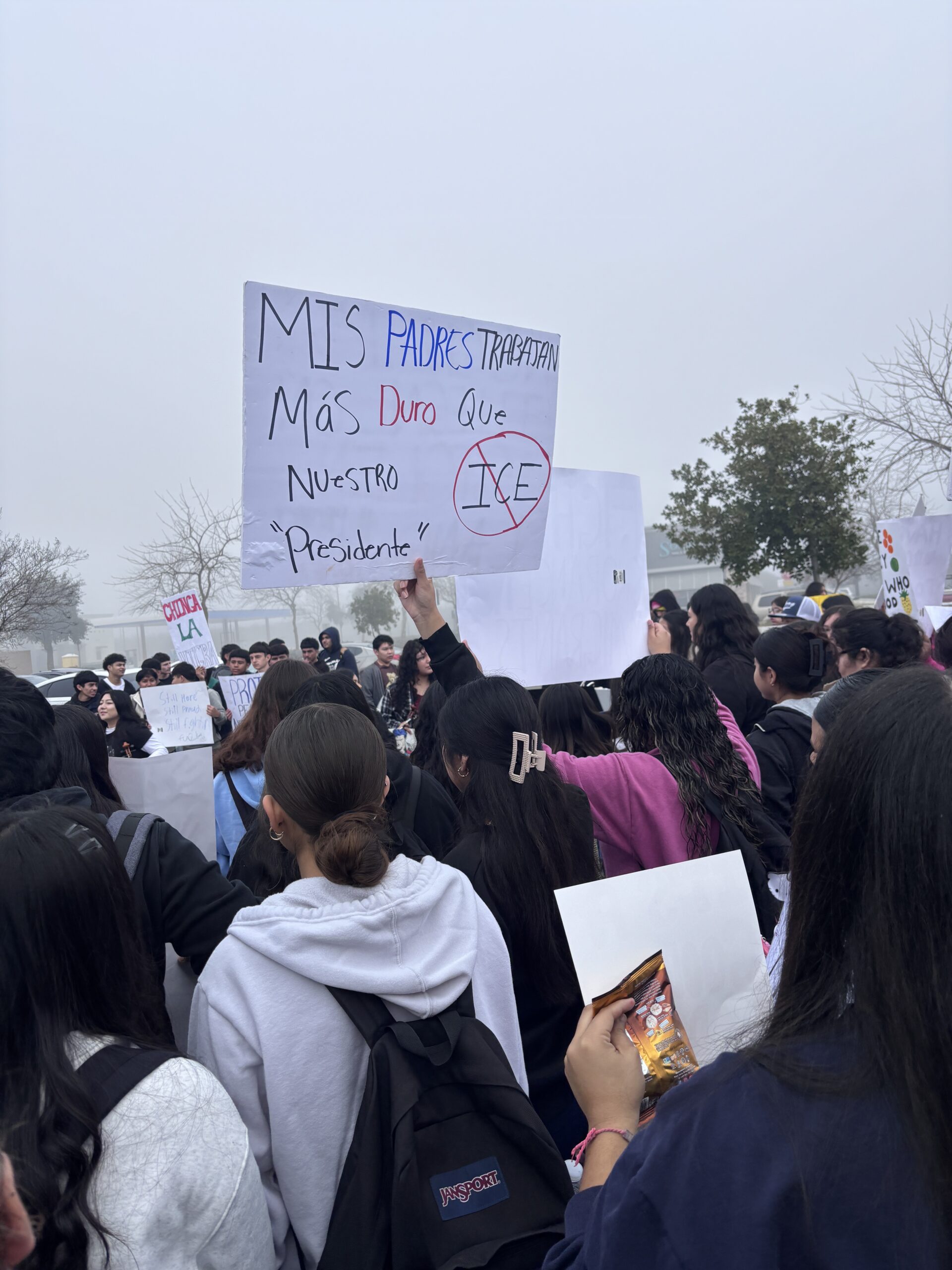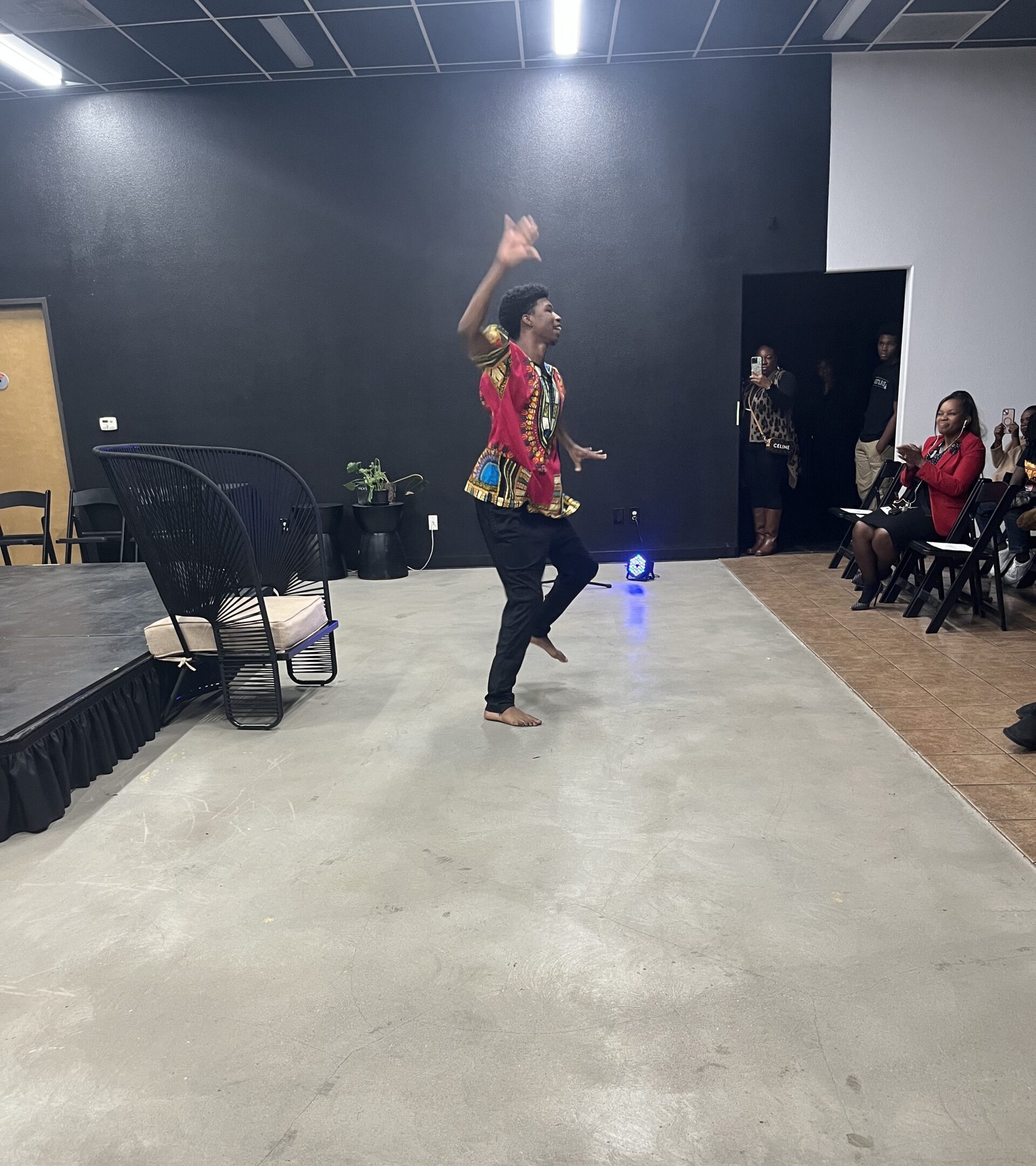
(Subject’s name has been changed.)
FRESNO, Calif. — Sabrina Evans, 14, says she worries because her sexual orientation puts her at odds with her family.
“I can’t open up to my parents. They’ll never be able to know,” said Evans, who is bisexual and whose family belongs to the religious group Jehovah’s Witnesses. “If they find out, then I will be ‘disfellowshipped’ from the religion.”
The Jehovah’s Witnesses count nearly 8 million adherents worldwide, including the late performer Prince. The church maintains a strict policy against homosexuality. According to official doctrine, those “deemed unrepentant wrongdoers” for things including homosexuality, smoking or disagreeing with church teaching will be kicked out.
Annually about 80,000 Jehovah’s Witnesses — roughly one for every 100 members — are disfellowshipped and of these only two thirds are later reinstated. When a person is disfellowshipped, they are typically shunned by the community, including family and friends, usually for the rest of their lives.
“I believe everything the Bible says, except that homosexuality is a sin,” said Evans, who is still a practicing member of the church, which according to a 2015 study by the Pew Center is among the least tolerant when it comes to things like same sex marriage.
But despite the tension between her sexual identity and her beliefs, Evans wants to remain a Witness. Which means she cannot come out of the closet to her family. Doing so would mean losing connection to her faith and her home, something she is not ready to do at such a young age.
The practice of shunning gained attention with this article in the Huffington Post, which stated that when someone is disfellowshipped, “Their former congregation and all Witness family members are instructed by congregation elders to cut the disfellowshipped out of their lives, not even to exchange as little as a hello on the street or an occasional email.”
Evans says she doesn’t want to pretend to be someone she’s not for the rest of her life, but accepting abandonment is tough. “It’s hard to imagine growing up without [my family], as an adult,” she said.
Evans’ own experience seeing a family member ostracized for being gay stands as a clear warning of what could happen to her if she decides to come out. When Evans was seven she saw her cousin be disfellowshipped.
“I was sad. I knew there was nothing wrong with him,” she said. “Even though I was just a kid, I knew he wasn’t a bad person.”
Now twice that age, Evans says that all she wants in life is to be happy and she knows that only she can make that a reality. She said, “You shouldn’t have to apologize for being yourself, even if it means losing your family… I have no idea where my life is going, but when I picture my future, I see myself with the girl I love.”


